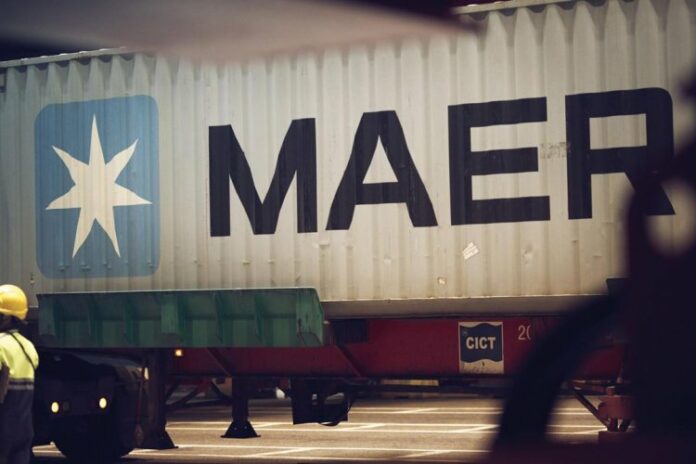Alfa Laval will support A.P. Moller-Maersk (Maersk) with installation of FCM Methanol low-flashpoint fuel supply system (LFSS) on board the 15,000 TEU Maersk Halifax. The retrofit is scheduled by mid-2024.
This pioneering container vessel conversion will enable the vessel to sail on green methanol with dual-fuel capabilities.
“At Alfa Laval, we collaborate with the industry frontrunners in exploring and embracing innovative ways for decarbonization,” says Viktor Friberg, Head of Marine Separation & Fuel Supply Systems, Alfa Laval. “The project with Maersk gives us a unique opportunity to take up a new challenge – retrofitting our equipment for methanol use, for the first time. We are immensely proud to extend our expertise to this innovative retrofit project.”
The project will involve adding a new fuel line for methanol alongside the traditional fuel line, respecting the existing space constraints and the tight time schedule. The retrofit of the FCM Methanol is a landmark project that requires advanced engineering and understanding of the practical considerations of working with methanol.
“We have set an ambitious net-zero emissions target for 2040, and retrofitting of engines on our vessels to run on methanol is an important nut in our strategy. Retrofitting solutions to accommodate new fuel thereby enabling the engine to operate on methanol is a complex task that requires expertise, and we are happy to have Alfa Laval on board on this project,” says Ole Graa Jakobsen, Head of Fleet Technology, A.P. Moller-Maersk.
Sailing with green methanol fuel is a sustainable option to reduce emissions, but it requires a fuel supply system that can handle the fuel safely and effectively. With over 80 ships contracted, Alfa Laval has the longest experience in methanol FSS installation and service since 2015. It is the only system that has been powering methanol-fuelled vessels so far, with over 450 000 hours of operations and unmatched expertise.



